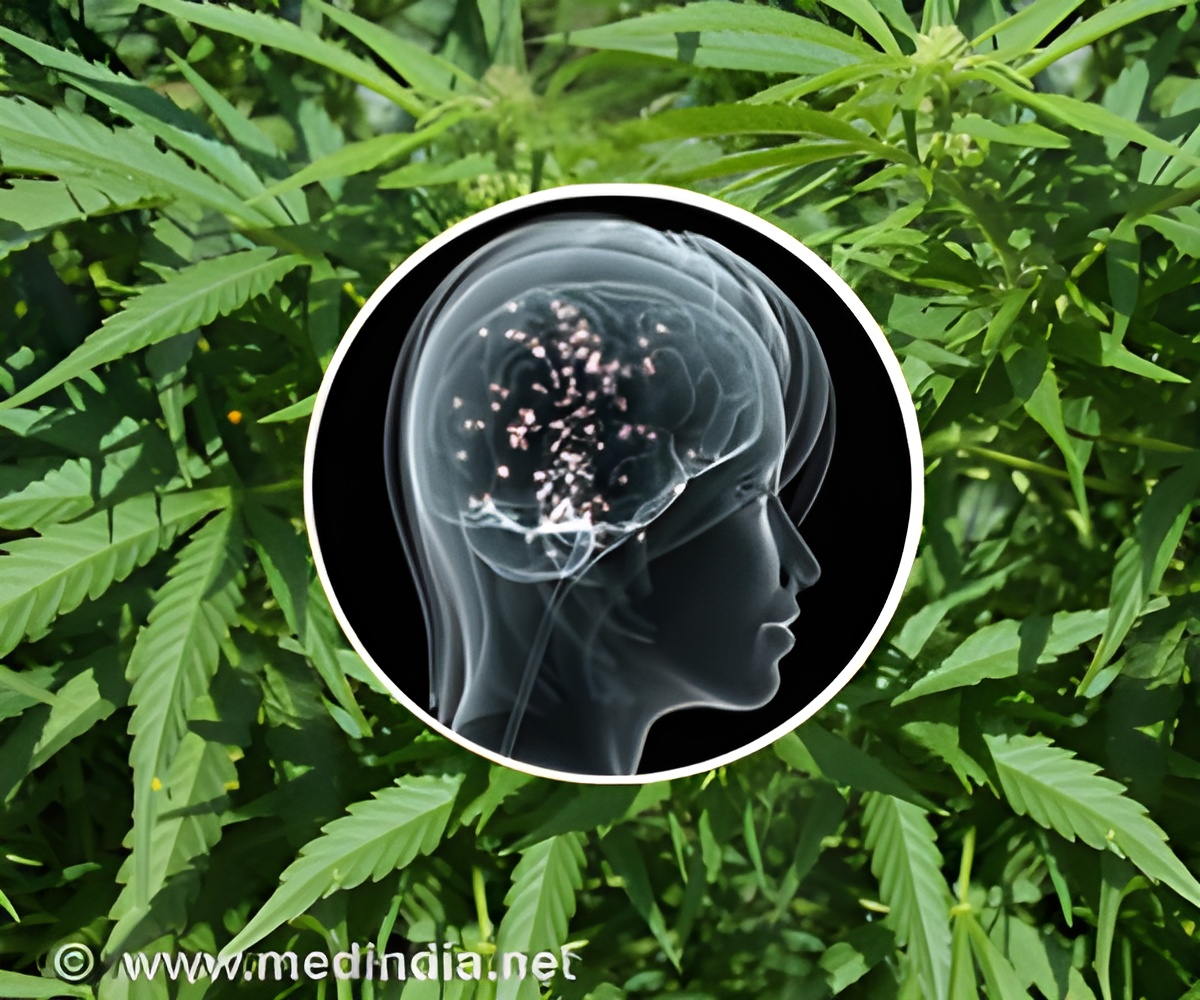
‘Medical cannabis use in patients shows multiple withdrawal symptoms like changes in their sleep, mood, mental state, energy and appetite.’
Read More..Tweet it Now
The study conducted at the University Of Michigan Addiction Center is published in the journal Addiction.Read More..
The symptoms do not occur due to underlying condition but from their brain and body’s reaction to the absence of substances in the cannabis products they’re smoking, vaping, eating or applying to their skin.
Cannabis withdrawal syndrome is seen when someone experiences more than such symptoms and increases the risk of developing even more serious issues such as a cannabis use disorder.
In the study, 527 Michigan residents were surveyed for two years.
Lara Coughlin PhD an addiction psychologist who led the analysis said, “Some people report experiencing significant benefits from medical cannabis, but our findings suggest a real need to increase awareness about the signs of withdrawal symptoms developing to decrease the potential downsides of cannabis use, especially among those who experience severe or worsening symptoms over time.”
Advertisement
The patients were asked whether they had experienced any of 15 different symptoms ranging from trouble sleeping and nausea to irritability and aggression when they had gone a significant time without using cannabis.
Advertisement
Baseline studies found that 41 percent study participants fell into the mild symptoms group, 34 percent in the moderate group and 25 percent as severe.
Clearing Misconceptions Of Medical Cannabis
Many people use medical cannabis for pain when other pain relievers do not work or when they want to avoid long-term use of opioid pain medications as they pose a risk of misuse and other adverse health consequences.
The perception that cannabis is harmless is not correct as they contain substances called cannabinoids that act on the brain – and that over time can lead the brain to react when those substances are absent.
Withdrawal symptoms include general craving to use cannabis, anxiety, decreased appetite, sleep difficulties, aggression, depressed mood, restlessness, irritability, nausea, sweating, headache, stomach pain, strange dreams, increased anger and shakiness.
Earlier study has shown that more symptoms and greater severity of symptoms a person has, the less likely they are to be able to reduce their use of cannabis, quit using it or stay away from it once they quit.
Patients who use cannabis for medical purpose should consult their regular health care provider regarding the amount, route of administration, frequency and type of cannabis product. They should also be made aware of the symptoms of cannabis withdrawal and inform their healthcare provider if they experience any symptoms.
Another sign of withdrawal is the urge to use cannabis after a period without use like immediately after waking up and also the inability to cut back on use without experiencing craving or other symptoms of withdrawal.
Patients are often faced with a wide range of cannabis products that vary in strength and route of administration because there is no medically accepted standard for medical cannabis dosing for different conditions. Certain products pose more risk for development of withdrawal symptoms than others.
The Study
For the study, the patients were asked about how they used cannabis products, how often, and how long used, as well as about their mental and physical health, their education and employment status.
The most common symptom seen in the mild, moderate and severe groups is sleep problems. Many patients in the mild group also reported cravings for cannabis. The most common withdrawal symptoms seen in the moderate group were sleep problems, depressed mood, decreased appetite, craving, restlessness, anxiety and irritability.
In the severe group, the common withdrawal symptoms observed were similar to earlier groups except sweatiness. Almost all the participants reported irritability, anxiety, and sleep problems and were likely to be longtime and frequent users of cannabis.
In the severe group, younger patients and those having worst mental health were reported. Older adults were less likely to go up in withdrawal symptom severity. Those who used vaped cannabis were less likely to transition to a lower withdrawal-severity group.
The researchers hope future study can explore cannabis withdrawal symptoms among medical cannabis patients further, including the impact of different attempts to stop, different types of use and administration routes, and interaction with other physical and mental health factors.
Future research can help identify those most at risk of developing problems, and reduce the risk of progression to cannabis use disorder, which is when someone uses cannabis repeatedly despite major impacts on their lives and ability to function.
Source-Medindia











